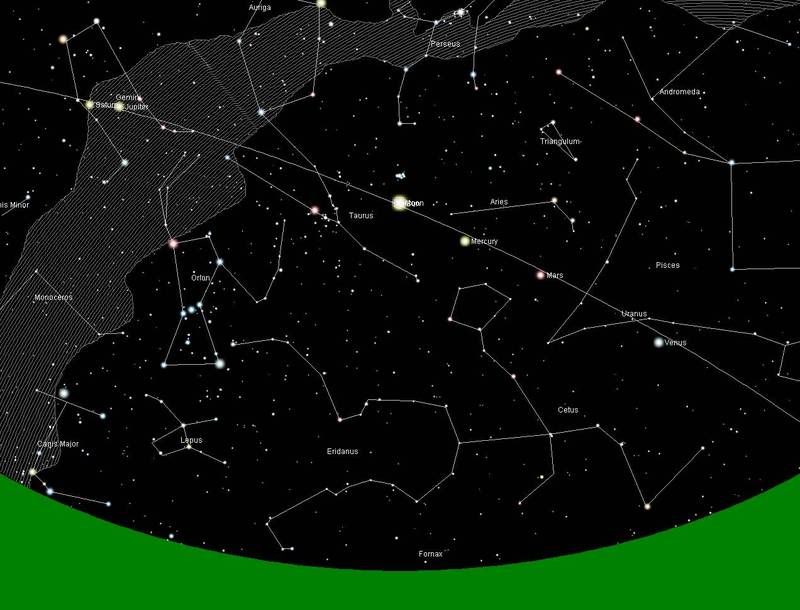Has anyone read the Baikouzis and Magnasco article “Is an eclipse described in the Odyssey?” accessed via the main page link of 29 June?
http://www.pnas.org/content/early/2008/ ... 5.full.pdf
It requires a careful read but is well worth the effort. The authors have worked out the coincidences of astronomical events mentioned (or implied) by Homer in connection with Odysseus’ return to Ithaca. The date that ties them all together is 16 April 1178 BCE, and the probability of this particular conjunction is low (1:2000 years) - a remarkable and fascinating result.
So how did Homer achieve this feat? How did he know of these astronomical occurrences and the way they ‘cohere‘ (the term used by B & M)? The authors say that these events, albeit most improbably, could have been “observed and noted (at the time), preserved through oral tradition for centuries, and then incorporated into the story by the Poet. The main argument against this possibility is that the data we’ve examined requires observations of a high level of sophistication for the time and place and its precise preservation in oral tradition.” To me this is a real tricky issue. All but one of the astronomical events occurred before Odysseus’ return. How would someone know that the drama in Ithaca was about to take place in order to observe these conditions? Could they have been worked out or guessed soon afterwards? Certainly a Homeric retrospective is highly unlikely given the state of astronomical science at the time.
The authors conclude their article by saying: “We again emphasize that even if our analysis were correct, we still could not say whether anything other than an eclipse happened that 16 April, because it is equally compatible with a historical Odysseus, or with an allegorical Odysseus whose wanderings were structured, deliberately, according to an astronomical timeline. Either case, our conjectural Homer would have had to be aware that there was an eclipse on a certain date and what the planets did on nearby dates. This is problematic enough, because the dates were centuries before his time; how this knowledge was acquired—we dare not conjecture, for all possibilities sound equally outlandish.”
Any suggestions?
PS: Glad to be here
